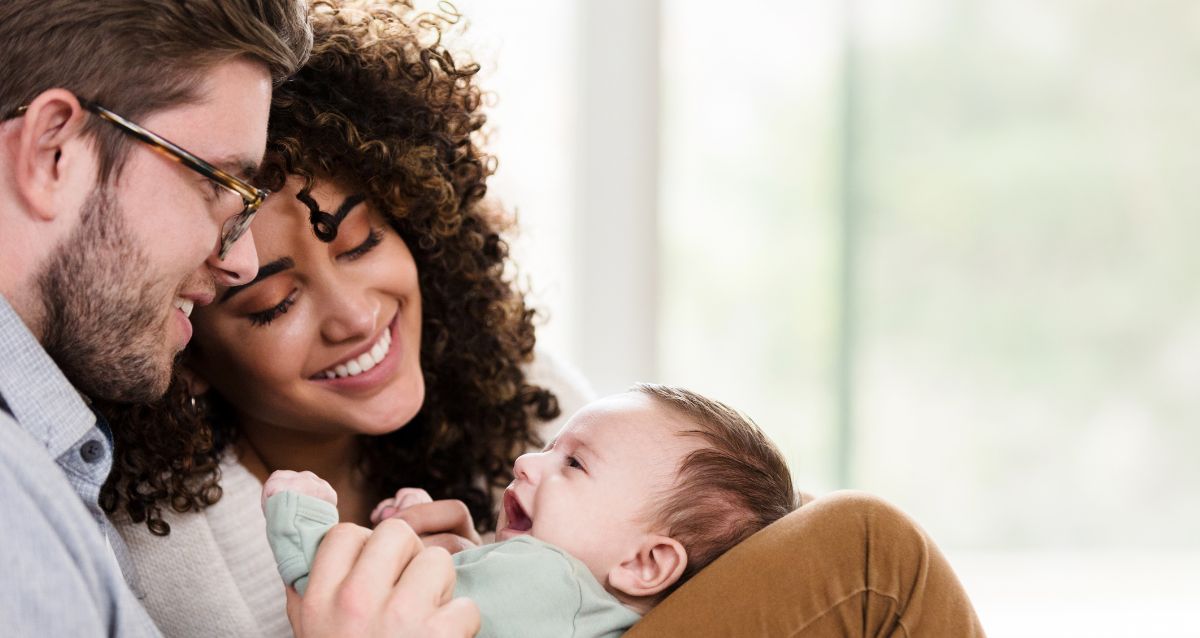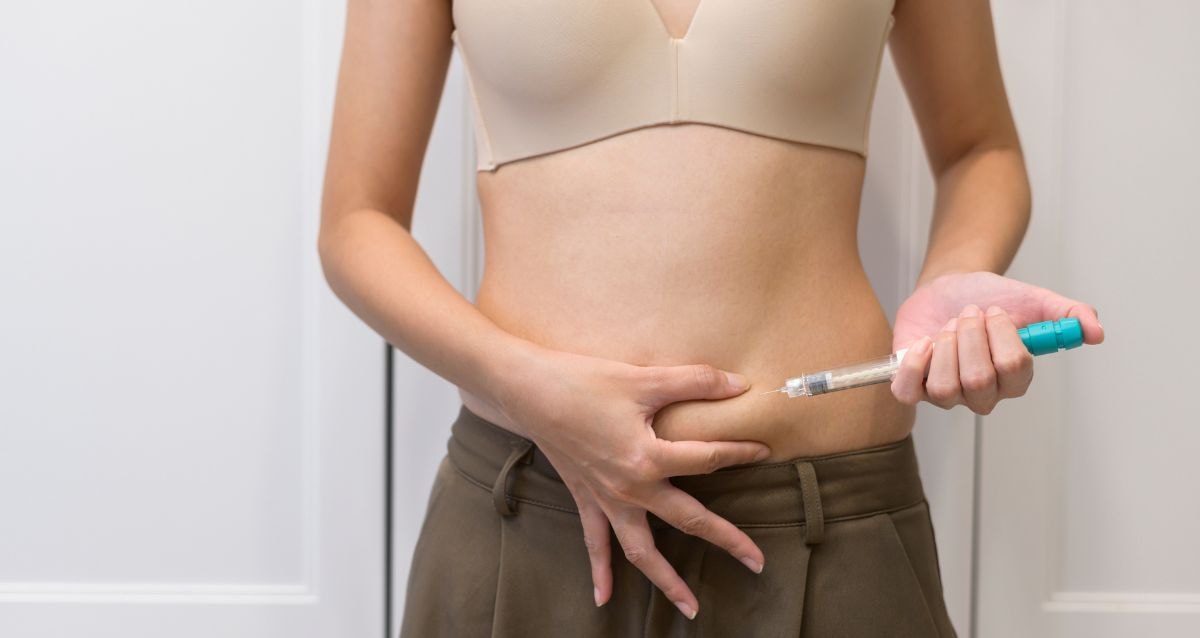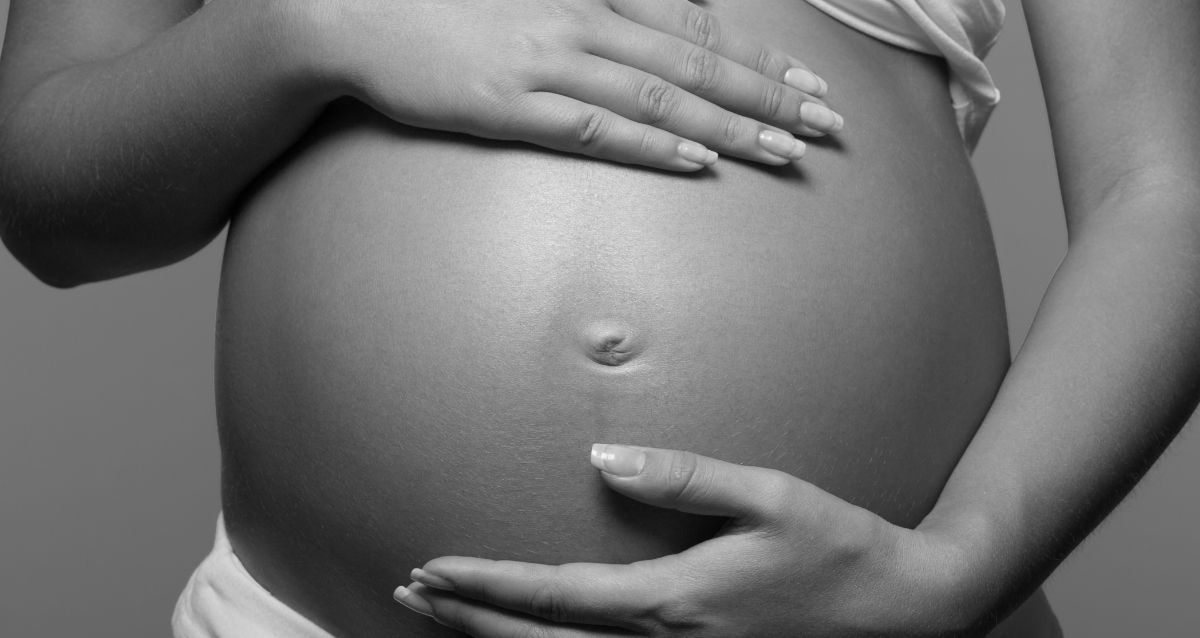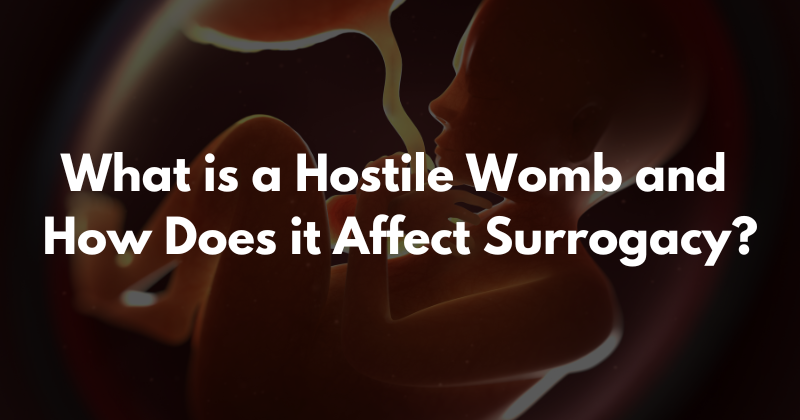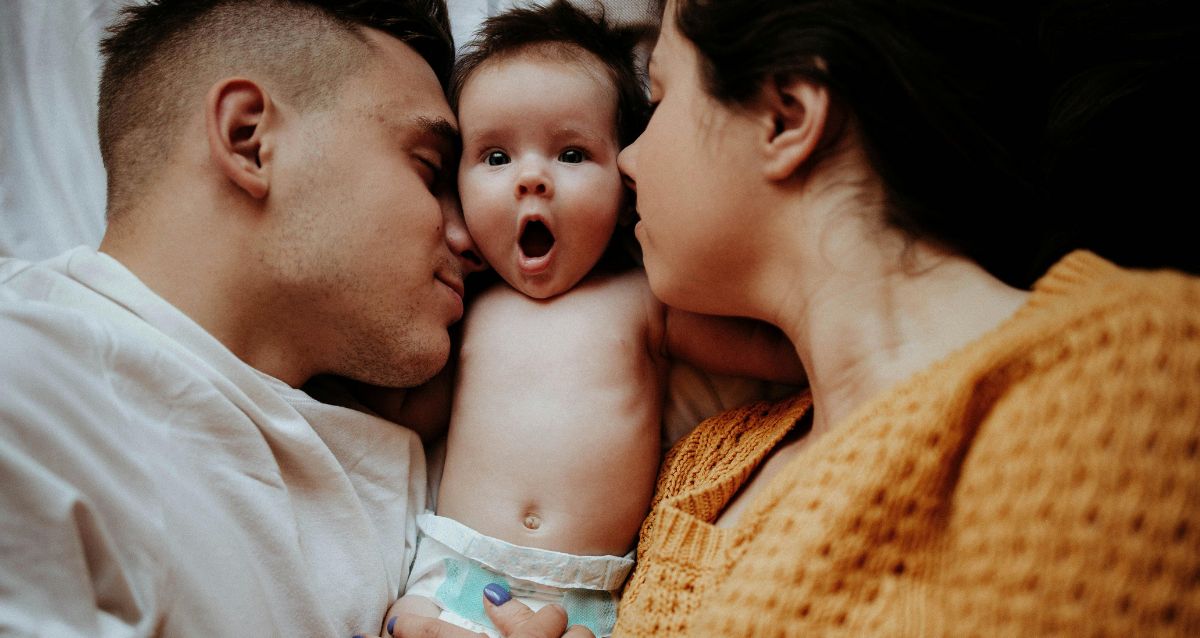First, let’s be clear. HPV is not the same thing as HIV. HPV stands for Human papillomavirus, and it is a DNA virus that inhabits typically the skin or mucus membranes in the genitals area. There are several forms of HPV, and they are usually benign, causing no symptoms. But some of them can lead to skin warts in the region if they flare up, and it is believed that as much as 70 percent of cervical cancer cases result from one type of HVP when it flares up. It is for this reason that pap tests are given.
What are the implications for you as a potential surrogate mother if you have HPV?
If you have HVP in a benign, undetectable state, there is unlikely to be any effect. You won’t even know you have it unless it flares up. But if a pap test comes up positive, that is entirely another matter.
Very important – if your test comes up negative, it does not mean you have no HPV. It simply means that it is not flaring up. This is a DNA virus; if you have it, it’s yours for life. But it is contagious only when it flares up.
The concern is that the infection can get passed on to the baby. After all, any condition in the surrogate mother can get passed on to the baby at some point during pregnancy.
The biggest concern with HPV might pass along the virus during delivery. As the baby is being squeezed out, it is passing through the area that is typically infected, and it is at that moment that the HPV can be passed along to the child.
The other concern is that HPV is the cause of a majority of cervical cancers. This is worrisome to begin with, but imagine if during pregnancy, while carrying the intended parents’ child, the HPV turns into cancer. This makes it doubly risky to carry a child while HPV is active.
Fertility clinics will screen for HPV or require that surrogate mothers have a pap test done elsewhere. They will want to ensure that the test comes up clean before proceeding. In some cases, they might want to see results of clean tests for three months straight or six months straight. But what happens if it doesn’t come up clean?
In some cases, that’s just too bad. No clean pap test, no surrogate agreement. In other cases, the woman is accepted as a surrogate only if she is willing to submit to a c-section, so that the baby does not pass through the birth canal where the infection resides.
Of course, what a clinic accepts is one thing. What the intended parents are willing to accept is quite another. If they see an active HPV test result as just too risky, they won’t accept you as a surrogate mother. Who wants their child born with an increased risk of cancer? If they feel the risk is minor, they might be willing to accept you with the c-section clause. So much depends on the intended parents.
Wendy Arker entered the field of infertility with a huge heart and passion to guild others on their quest to grow their own family after her personal journey with infertility and turning to egg donation and sperm donation to create her own family. Being a single-mother-by-choice, Wendy understands firsthand the unique way families are built. Whether you’re a married couple, single, or LBGTQ, Creative Love is committed to assisting you.



